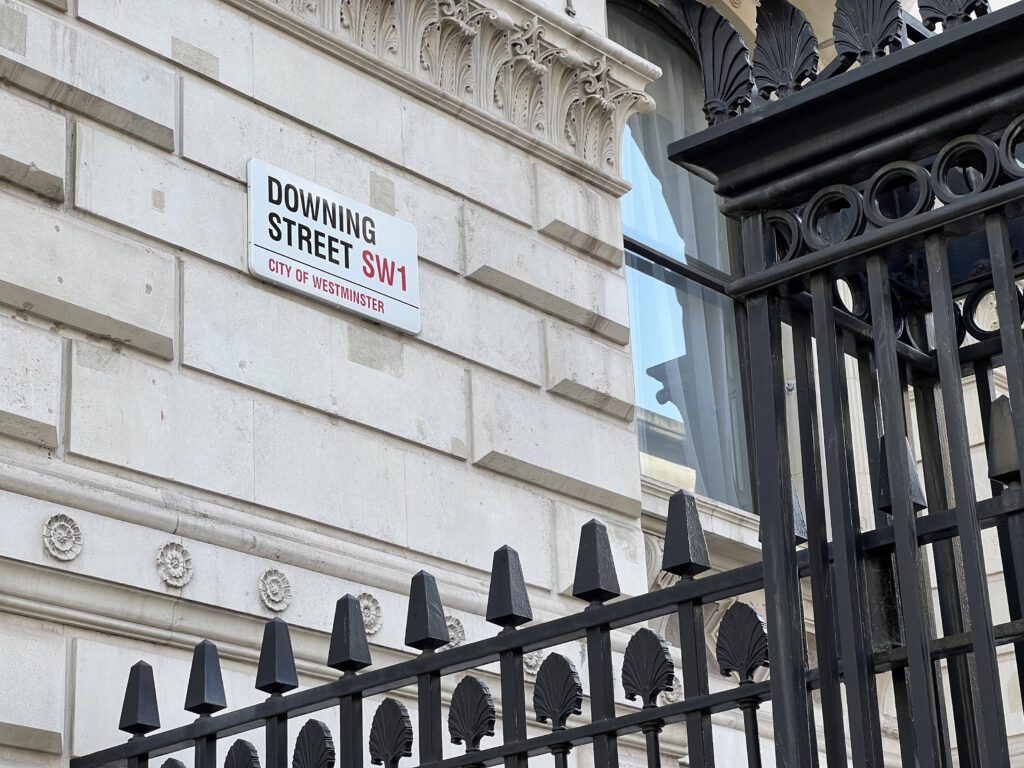After months of fervent speculation and early announcements, often controversial, the Chancellor Rachel Reeves has delivered the Budget in Parliament this afternoon.
Amongst a set of announcements that the Chancellor believes can lay the economic foundations for delivery of her party’s missions for government, this was a historic moment – the first Budget delivered by a Labour Chancellor in nearly 15 years, and the first by a woman in the 800 years that there has been a Chancellor of the Exchequer.
Since election victory in July, the Chancellor and Prime Minister have issued ominous warnings about the state of public finances and made it clear that the Budget would include tax rises and spending cuts designed to close what the Government claims is a ‘£40 billion financial black hole’.
Tax rises are indeed a prominent feature of this Budget, with measures to raise £40 billion that will cause concern for many businesses already facing the challenge of implementing the Employment Rights Bill and a rise in the minimum wage.
Whilst a heavy burden for business, this was a budget of two halves – the second of which included a commitment to revise the Treasury’s fiscal rules and deliver important investment for industries deemed pivotal to future growth and national economic performance. It also featured critical funds for the NHS and public services.
The Chancellor’s first Budget was designed to both demonstrate the Government’s commitment to strict tax and spending rules, but also make clear that the Chancellor is unwilling to accept austerity and intends to deliver a stable economic environment that ultimately improves long-term growth and productivity through greater public and private investment, and increased wages and recruitment.
These objectives are evident in the spending announcements made across a range of key policy areas.
Health
With the Department of Health and Social Care set to release a 10-year NHS plan in the spring, the Chancellor unveiled new funding to reduce waiting lists and increase capacity for procedures in the NHS.
According to Health Policy Manager, Jasmin Adebisi, the Chancellor’s pledge to boost day-to-day healthcare spending by £22.6 billion and provide £3.1 billion for capital projects constitutes a “historic investment”:
“The Budget addresses many of the NHS’ urgent needs, enabling essential repairs, expanding diagnostic capacity, and modernising tech infrastructure. Nevertheless, critical gaps remain unaddressed, including the lack of specific commitments to address workforce shortages and a sustainable plan for social care funding limits the long-term impact. We hope that the Government’s forthcoming 10-year NHS plan will deliver a strategic approach that includes workforce expansion, robust social care support, and sustainable funding models to secure a healthier, resilient future for the NHS.”
Policy Connect look forward to hosting an event series on the key challenges that a 10-year NHS plan must address towards the end of this year and beginning of 2025. Please contact Jasmin Adebisi for more information.
Sustainability
After announcing the Government’s intention to revise the Treasury’s fiscal rules, the Chancellor pledged to capitalise on the creation of GB Energy and the National Wealth Fund by investing in “the industries of the future”.
Funding will be allocated to create 11 new green hydrogen projects across England, Scotland, and Wales. This follows the £22 billion recently pledged to develop Carbon Capture and Storage projects.
The Chancellor also outlined plans to provide an additional £3.4 billion for the Warm Homes fund to improve the energy efficiency of 350,000 homes.
In late November, Policy Connect will be hosting a Retrofit and Energy Efficiency roundtable to consider how the Government can best use these funds to warm homes and improve energy efficiency. Please contact Alainah Amer for more information.
Education, Skills, and Employment
Reacting to the Budget’s implications for Education, Skills, and Employment, Policy Connect’s Dr. Peter Wilson outlined that:
“On education, the budget lived up to its tagline of “fixing the foundations”, focusing on investing in school buildings and equipment, addressing workforce issues, and improving SEND provision. The 6% increase in funding for Special Educational Needs and Disabilities (SEND) is crucial. It was good to see a 19% boost for rebuilding and maintaining school buildings, which includes £950 million for skills capital. With staffing being a major challenge, the £2.3 billion increase for core school budgets and £300 million for colleges is welcome. However, it is disappointing that further education continues to receive proportionally less investment.
Substantial announcements on education and skills beyond these foundational measures were absent. Anticipated changes to apprenticeship funding and the levy were lacking, apart from £40 million for foundation and short apprenticeships in select sectors. While the delay of the Lifelong Learning Entitlement until 2027 was expected, it underscores the need to address the remaining implementation barriers in higher education.
The national minimum wage increase to £10 per hour for 18–to-20-year-olds and £7.55 for those under 18 and apprentices is a positive step for young people entering the labour market. However, the significantly lower rate for apprentices compared to any job they could take can deter young people from pursuing these valuable opportunities. Further adjustments to the minimum wage or additional financial support are essential to enhance the viability of apprenticeships for all young people.”





